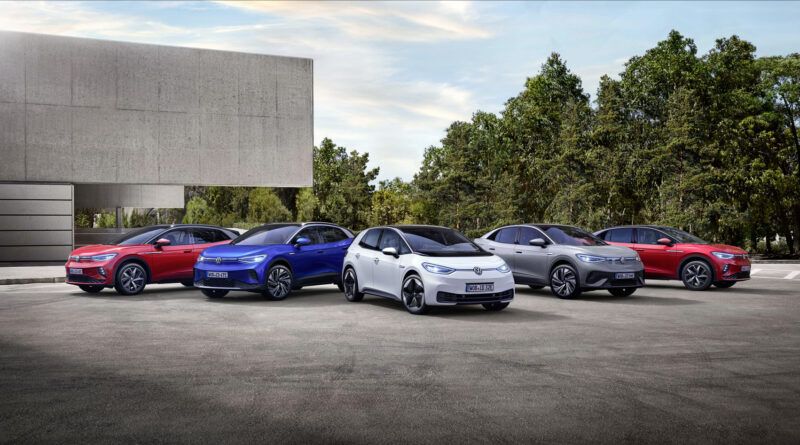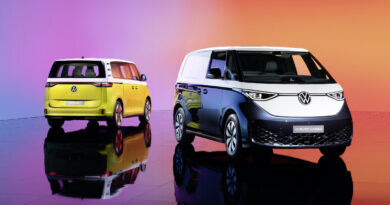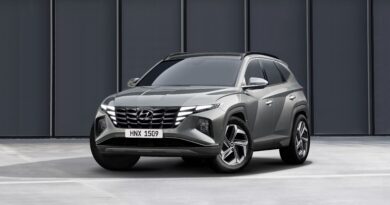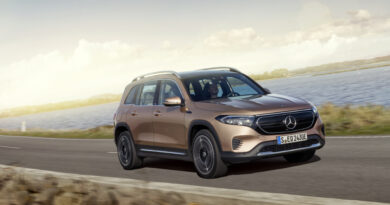Is the electric vehicle wave beginning to crash? VW Group’s global EV order bank halves after super-strong start to the year
The Volkswagen Group is celebrating a huge uplift in the number of EVs it has sold in the first nine months of 2023, but the German brand isn’t cracking opening bubbly just yet as it reports its order bank is shrinking fast.
From January to September, the VW Group said it delivered an incredible 531,500 battery-powered vehicles — an incredible 45 percent increase over the same period in 2022 — with EVs now accounting for more than 7.9 percent of all VW sales globally.
In Europe alone, sales of VW Group EVs were up to 61 percent to 341,100 units, while in the US sales of electric cars rocketed by 74 percent to 50,300 cars.
READ MORE: Volkswagen ID.7 Tourer is teased for the first time:
READ MORE: BYD Seal hunter: Here’s what we’ve learnt about the new ‘Project Highland’ Tesla Model 3
READ MORE: Australia’s new electric vehicle king? BYD Seal pricing undercuts Tesla Model 3
Even in fiercely competitive China, the number of battery-electric VWs still rose by four percent to 117,100 cars, and the VW Group estimate that, before the end of the year, around eight to 10 percent of all deliveries will be EVs.
The best-selling Volkswagen Group product was the VW ID.4 and ID.5 SUVs that racked up a combined 162,100 units. In second place was the VW ID.3 (90,500) followed by the Audi Q4 e-tron (77,900).
Despite posting impressive volumes, Volkswagen’s chief financial officer Arno Antlitz reported that the car-maker’s order bank had now dropped from 300,000 in Q3 last year to around 150,000 units. Mr Antlitz, though, did report that orders increased in third quarter.
The drop-off in orders appears to be a wider reflection in a fall in demand for EVs in most of Volkswagen’s global markets. Fuelling the drop-off in demand for EVs is thought to be the rising cost of living, higher borrowing costs and increased energy prices.
Volkswagen this week paused plans to construct a new gigafactory in Eastern Europe, with Volkswagen Group Chairman Oliver Blume attributing the move to the “sluggish ramp up of the BEV market”.
“Based on market conditions, including the sluggish ramp up of the BEV (battery electric vehicle) market in Europe… there is for the time being no business rationale for deciding on further sites,” he said.




